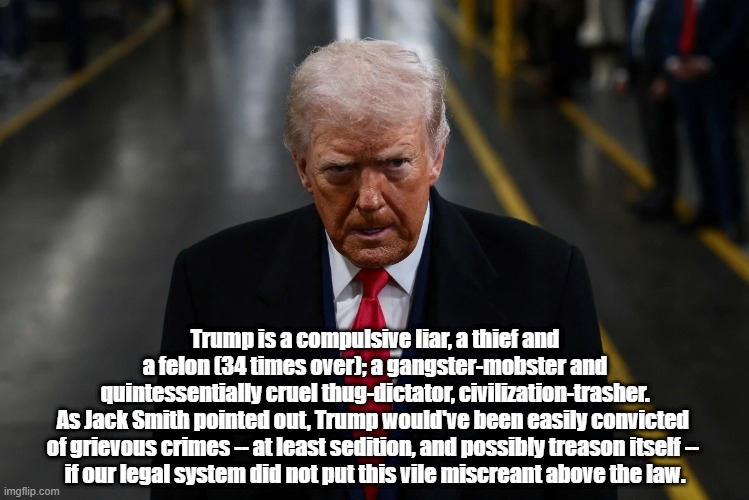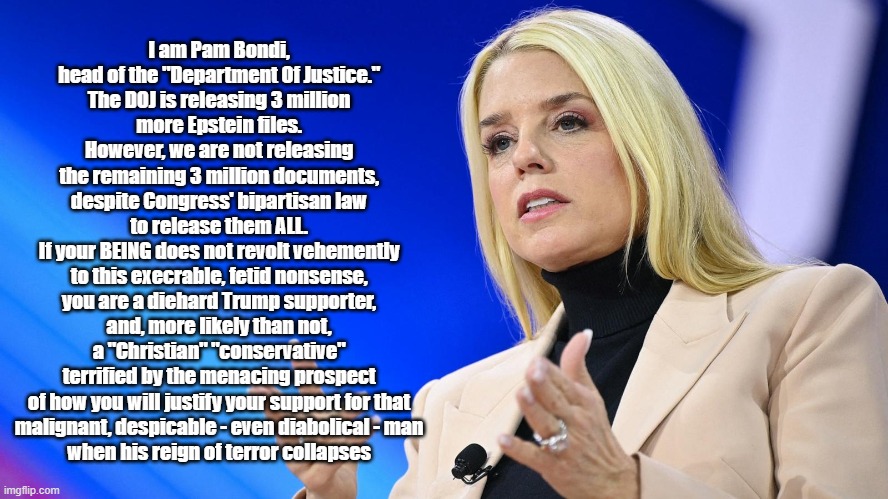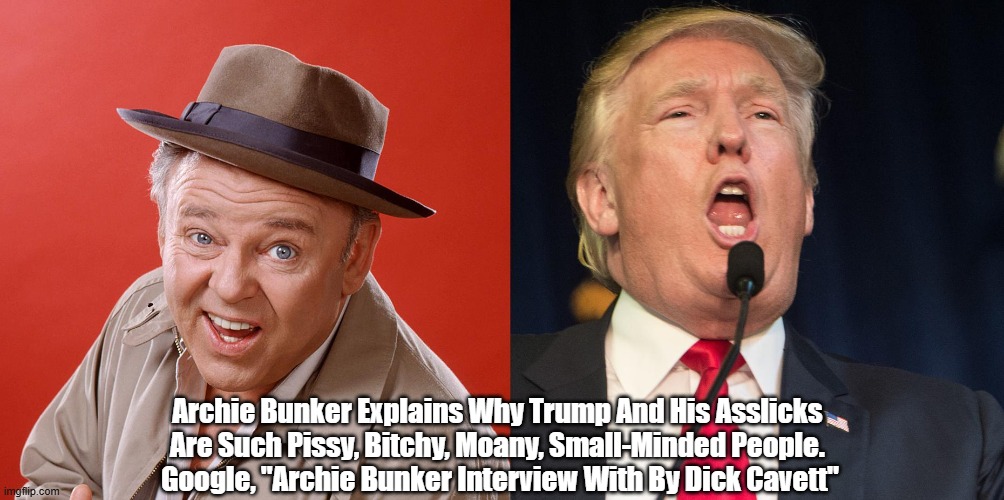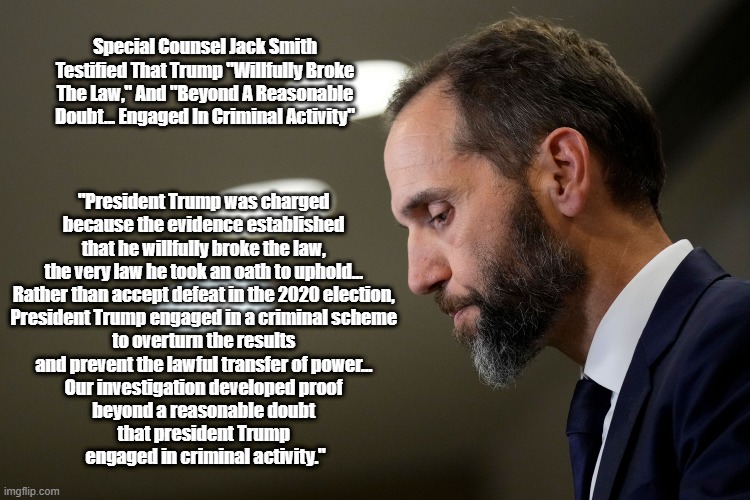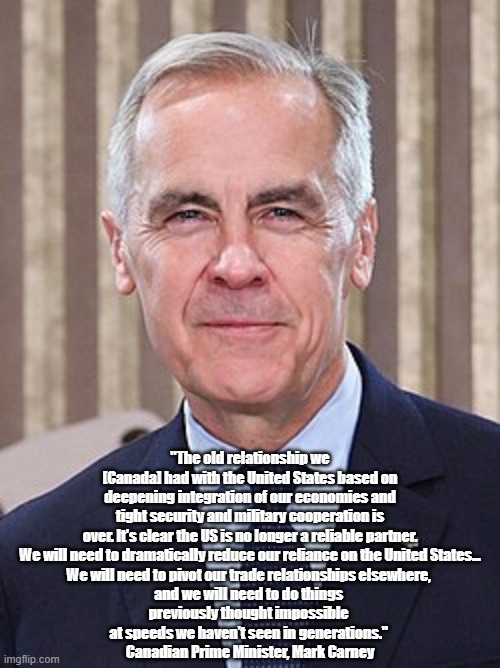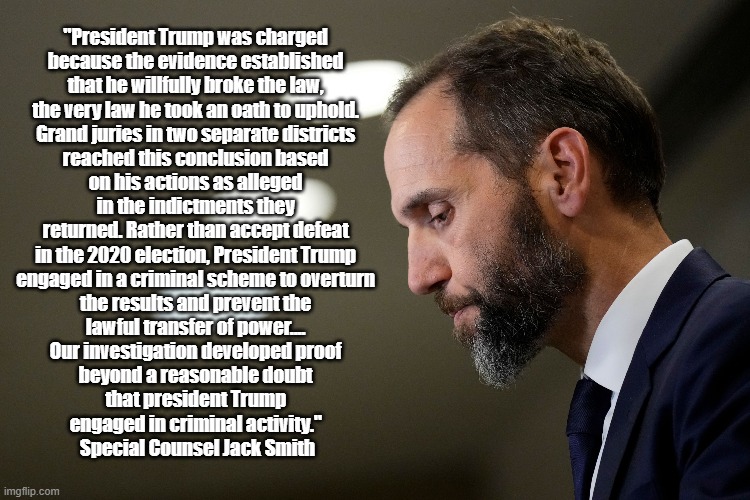The Laughing Man," by J.D. Salinger
IN 1928, when I was nine, I belonged, with maximum esprit de corps, to an organization
known as the Comanche Club. Every schoolday afternoon at three o'clock, twenty-five of
us Comanches were picked up by our Chief outside the boys' exit of P. S. 165, on 109th
Street near Amsterdam Avenue. We then pushed and punched our way into the Chief's
reconverted commercial bus, and he drove us (according to his financial arrangement
with our parents) over to Central Park. The rest of the afternoon, weather permitting, we
played football or soccer or baseball, depending (very loosely) on the season. Rainy
afternoons, the Chief invariably took us either to the Museum of Natural History or to
the Metropolitan Museum of Art.
Saturdays and most national holidays, the Chief picked us up early in the morning at
our various apartment houses and, in his condemned-looking bus, drove us out of
Manhattan into the comparatively wide open spaces of Van Cortlandt Park or the
Palisades. If we had straight athletics on our minds, we went to Van Cortlandt, where
the playing fields were regulation size and where the opposing team didn't include a
baby carriage or an irate old lady with a cane. If our Comanche hearts were set on
camping, we went over to the Palisades and roughed it. (I remember getting lost one
Saturday somewhere on that tricky stretch of terrain between the Linit sign and the site
of the western end of the George Washington Bridge. I kept my head, though. I just sat
down in the majestic shadow of a giant billboard and, however tearfully, opened my
lunchbox for business, semi-confident that the Chief would find me. The Chief always
found us.)
In his hours of liberation from the Comanches, the Chief was John Gedsudski, of
Staten Island. He was an extremely shy, gentle young man of twenty-two or -three, a
law student at N.Y.U., and altogether a very memorable person. I won't attempt to
assemble his many achievements and virtues here. Just in passing, he was an Eagle
Scout, an almost-All-America tackle of 1926, and it was known that he had been most
cordially invited to try out for the New York Giants' baseball team. He was an impartial
and unexcitable umpire at all our bedlam sporting events, a master fire builder and
extinguisher, and an expert, uncontemptuous first-aid man. Every one of us, from the
smallest hoodlum to the biggest, loved and respected him.
The Chief's physical appearance in 1928 is still clear in my mind. If wishes were
inches, all of us Comanches would have had him a giant in no time. The way things go,
though, he was a stocky five three or four--no more than that. His hair was blue-black,
his hair-line extremely low, his nose was large and fleshy, and his torso was just about
as long as his legs were. In his leather windbreaker, his shoulders were powerful, but
narrow and sloping. At the time, however, it seemed to me that in the Chief all the most
photogenic features of Buck Jones, Ken Maynard, and Tom Mix had been smoothly
amalgamated.
Every afternoon, when it got dark enough for a losing team to have an excuse for
missing a number of infield popups or end-zone passes, we Comanches relied heavily
and selfishly on the Chief's talent for storytelling. By that hour, we were usually an
overheated, irritable bunch, and we fought each other--either with our fists or our shrill
voices--for the seats in the bus nearest the Chief. (The bus had two parallel rows of
straw seats. The left row had three extra seats--the best in the bus--that extended as far
forward as the driver's profile.) The Chief climbed into the bus only after we had settled
down. Then he straddled his driver's seat backward and, in his reedy but modulated
tenor voice, gave us the new installment of "The Laughing Man." Once he started
narrating, our interest never flagged. "The Laughing Man" was just the right story for a
Comanche. It may even have had classic dimensions. It was a story that tended to
sprawl all over the place, and yet it remained essentially portable. You could always
take it home with you and reflect on it while sitting, say, in the outgoing water in the
bathtub.
The only son of a wealthy missionary couple, the Laughing Man was kidnapped in
infancy by Chinese bandits. When the wealthy missionary couple refused (from a
NINE STORIES – J. D. Salinger
[ 26 ]
religious conviction) to pay the ransom for their son, the bandits, signally piqued,
placed the little fellow's head in a carpenter's vise and gave the appropriate lever several
turns to the right. The subject of this unique experience grew into manhood with a
hairless, pecan-shaped head and a face that featured, instead of a mouth, an enormous
oval cavity below the nose. The nose itself consisted of two flesh-sealed nostrils. In
consequence, when the Laughing Man breathed, the hideous, mirthless gap below his
nose dilated and contracted like (as I see it) some sort of monstrous vacuole. (The Chief
demonstrated, rather than explained, the Laughing Man's respiration method.)
Strangers fainted dead away at the sight of the Laughing Man's horrible face.
Acquaintances shunned him. Curiously enough, though, the bandits let him hang
around their headquarters--as long as he kept his face covered with a pale-red
gossamer mask made out of poppy petals. The mask not only spared the bandits the
sight of their foster son's face, it also kept them sensible of his whereabouts; under the
circumstances, he reeked of opium.
Every morning, in his extreme loneliness, the Laughing Man stole off (he was as
graceful on his feet as a cat) to the dense forest surrounding the bandits' hideout. There
he befriended any number and species of animals: dogs, white mice, eagles, lions, boa
constrictors, wolves. Moreover, he removed his mask and spoke to them, softly,
melodiously, in their own tongues. They did not think him ugly.
(It took the Chief a couple of months to get that far into the story. From there on in,
he got more and more high-handed with his installments, entirely to the satisfaction of
the Comanches.)
The Laughing Man was one for keeping an ear to the ground, and in no time at all he
had picked up the bandits' most valuable trade secrets. He didn't think much of them,
though, and briskly set up his own, more effective system. On a rather small scale at
first, he began to free-lance around the Chinese countryside, robbing, highjacking,
murdering when absolutely necessary. Soon his ingenious criminal methods, coupled
with his singular love of fair play, found him a warm place in the nation's heart.
Strangely enough, his foster parents (the bandits who had originally turned his head
toward crime) were about the last to get wind of his achievements. When they did, they
were insanely jealous. They all single-filed past the Laughing Man's bed one night,
thinking they had successfully doped him into a deep sleep, and stabbed at the figure
under the covers with their machetes. The victim turned out to be the bandit chief's
mother--an unpleasant, haggling sort of person. The event only whetted the bandits'
taste for the Laughing Man's blood, and finally he was obliged to lock up the whole
bunch of them in a deep but pleasantly decorated mausoleum. They escaped from time
to time and gave him a certain amount of annoyance, but he refused to kill them. (There
was a compassionate side to the Laughing Man's character that just about drove me
crazy.)
Soon the Laughing Man was regularly crossing the Chinese border into Paris, France,
where he enjoyed flaunting his high but modest genius in the face of Marcel Dufarge,
the internationally famous detective and witty consumptive.
Dufarge and his daughter
(an exquisite girl, though something of a transvestite) became the Laughing Man's
bitterest enemies. Time and again, they tried leading the Laughing Man up the garden
path. For sheer sport, the Laughing Man usually went halfway with them, then
vanished, often leaving no even faintly credible indication of his escape method. Just
now and then he posted an incisive little farewell note in the Paris sewerage system,
and it was delivered promptly to Dufarge's boot.
The Dufarges spent an enormous
amount of time sloshing around in the Paris sewers.
Soon the Laughing Man had amassed the largest personal fortune in the world. Most
of it he contributed anonymously to the monks of a local monastery--humble ascetics
who had dedicated their lives to raising German police dogs. What was left of his
fortune, the Laughing Man converted into diamonds, which he lowered casually, in
emerald vaults, into the Black Sea.
His personal wants were few. He subsisted
exclusively on rice and eagles' blood, in a tiny cottage with an underground gymnasium
and shooting range, on the stormy coast of Tibet. Four blindly loyal confederates lived
with him: a glib timber wolf named Black Wing, a lovable dwarf named Omba, a giant Mongolian named Hong, whose tongue had been burned out by white men, and a
gorgeous Eurasian girl, who, out of unrequited love for the Laughing Man and deep
concern for his personal safety, sometimes had a pretty sticky attitude toward crime.
The Laughing Man issued his orders to the crew through a black silk screen. Not even
Omba, the lovable dwarf, was permitted to see his face.
I'm not saying I will, but I could go on for hours escorting the reader--forcibly, if
necessary--back and forth across the Paris-Chinese border.
I happen to regard the
Laughing Man as some kind of super-distinguished ancestor of mine--a sort of Robert
E. Lee, say, with the ascribed virtues held under water or blood. And this illusion is
only a moderate one compared to the one I had in 1928, when I regarded myself not
only as the Laughing Man's direct descendant but as his only legitimate living one. I
was not even my parents' son in 1928 but a devilishly smooth impostor, awaiting their
slightest blunder as an excuse to move in--preferably without violence, but not
necessarily--to assert my true identity.
As a precaution against breaking my bogus
mother's heart, I planned to take her into my underworld employ in some undefined but
appropriately regal capacity. But the main thing I had to do in 1928 was watch my step.
Play along with the farce. Brush my teeth. Comb my hair. At all costs, stifle my natural
hideous laughter.
Actually, I was not the only legitimate living descendant of the Laughing Man.
There
were twenty-five Comanches in the Club, or twenty-five legitimate living descendants of
the Laughing Man--all of us circulating ominously, and incognito, throughout the city,
sizing up elevator operators as potential archenemies, whispering side-of-the-mouth but
fluent orders into the ears of cocker spaniels, drawing beads, with index fingers, on the
foreheads of arithmetic teachers. And always waiting, waiting for a decent chance to
strike terror and admiration in the nearest mediocre heart.
One afternoon in February, just after Comanche baseball season had opened, I
observed a new fixture in the Chief's bus. Above the rear-view mirror over the
windshield, there was a small, framed photograph of a girl dressed in academic cap and
gown. It seemed to me that a girl's picture clashed with the general men-only decor of
the bus, and I bluntly asked the Chief who she was. He hedged at first, but finally
admitted that she was a girl. I asked him what her name was. He answered
unforthrightly, "Mary Hudson." I asked him if she was in the movies or something. He
said no, that she used to go to Wellesley College. He added, on some slow-processed
afterthought, that Wellesley College was a very high class college. I asked him what he
had her picture in the bus for, though. He shrugged slightly, as much as to imply, it
seemed to me, that the picture had more or less been planted on him.
During the next couple of weeks, the picture--however forcibly or accidentally it had
been planted on the Chief--was not removed from the bus. It didn't go out with the Baby
Ruth wrappers and the fallen licorice whips. However, we Comanches got used to it. It
gradually took on the unarresting personality of a speedometer.
But one day as we were on our way to the Park, the Chief pulled the bus over to a
curb on Fifth Avenue in the Sixties, a good half mile past our baseball field. Some
twenty back-seat drivers at once demanded an explanation, but the Chief gave none.
Instead, he simply got into his story-telling position and swung prematurely into a fresh
installment of "The Laughing Man."
He had scarcely begun, however, when someone
tapped on the bus door. The Chief's reflexes were geared high that day. He literally flung
himself around in his seat, yanked the operating handle of the door, and a girl in a
beaver coat climbed into the bus.
Offhand, I can remember seeing just three girls in my life who struck me as having
unclassifiably great beauty at first sight. One was a thin girl in a black bathing suit who
was having a lot of trouble putting up an orange umbrella at Jones Beach, circa 1936.
The second was a girl aboard a Caribbean cruise ship in 1939, who threw her cigarette
lighter at a porpoise. And the third was the Chief's girl, Mary Hudson.
"Am I very late?" she asked the Chief, smiling at him.
She might just as well have asked if she was ugly.
"No!" the Chief said. A trifle wildly, he looked at the Comanches near his seat and
signaled the row to give way. Mary Hudson sat down between me and a boy named Edgar something, whose uncle's best friend was a bootlegger. We gave her all the room
in the world.
Then the bus started off with a peculiar, amateur-like lurch. The
Comanches, to the last man, were silent.
On the way back to our regular parking place, Mary Hudson leaned forward in her
seat and gave the Chief an enthusiastic account of the trains she had missed and the
train she hadn't missed; she lived in Douglaston, Long Island.
The Chief was very
nervous. He didn't just fail to contribute any talk of his own; he could hardly listen to
hers. The gearshift knob came off in his hand, I remember.
When we got out of the bus, Mary Hudson stuck right with us. I'm sure that by the
time we reached the baseball field there was on every Comanche's face a some-girlsjust-don't-know-when-to-go-home look. And to really top things off, when another
Comanche and I were flipping a coin to decide which team would take the field first,
Mary Hudson wistfully expressed a desire to join the game. The response to this
couldn't have been more clean-cut. Where before we Comanches had simply stared at
her femaleness, we now glared at it. She smiled back at us. It was a shade
disconcerting.
Then the Chief took over, revealing what had formerly been a well-concealed flair for incompetence. He took Mary Hudson aside, just out of earshot of the
Comanches, and seemed to address her solemnly, rationally. At length, Mary Hudson
interrupted him, and her voice was perfectly audible to the Comanches. "But I do," she
said. "I do, too, want to play!" The Chief nodded and tried again. He pointed in the
direction of the infield, which was soggy and pitted. He picked up a regulation bat and
demonstrated its weight. "I don't care," Mary Hudson said distinctly, "I came all the way
to New York--to the dentist and everything--and I'm gonna play." The Chief nodded
again but gave up.
He walked cautiously over to home plate, where the Braves and the
Warriors, the two Comanche teams, were waiting, and looked at me. I was captain of
the Warriors. He mentioned the name of my regular center fielder, who was home sick,
and suggested that Mary Hudson take his place. I said I didn't need a center fielder. The
Chief asked me what the hell did I mean I didn't need a center fielder. I was shocked. It
was the first time I had heard the Chief swear. What's more, I could feel Mary Hudson
smiling at me. For poise, I picked up a stone and threw it at a tree.
We took the field first. No business went out to center field the first inning. From my
position on first base, I glanced behind me now and then. Each time I did, Mary
Hudson waved gaily to me. She was wearing a catcher's mitt, her own adamant choice.
It was a horrible sight.
Mary Hudson batted ninth on the Warriors' lineup. When I informed her of this
arrangement, she made a little face and said, "Well, hurry up, then."
And as a matter of
fact we did seem to hurry up. She got to bat in the first inning. She took off her beaver
coat--and her catcher's mitt--for the occasion and advanced to the plate in a darkbrown dress. When I gave her a bat, she asked me why it was so heavy. The Chief left
his umpire's position behind the pitcher and came forward anxiously. He told Mary
Hudson to rest the end of her bat on her right shouder. "I am," she said. He told her not
to choke the bat too tightly. "I'm not," she said. He told her to keep her eye right on the
ball. "I will," she said. "Get outa the way." She swung mightily at the first ball pitched to
her and hit it over the left fielder's head. It was good for an ordinary double, but Mary
Hudson got to third on it--standing up.
When my astonishment had worn off, and then my awe, and then my delight, I looked
over at the Chief. He didn't so much seem to be standing behind the pitcher as floating
over him. He was a completely happy man. Over on third base, Mary Hudson waved to
me. I waved back. I couldn't have stopped myself, even if I'd wanted to.
Her stickwork
aside, she happened to be a girl who knew how to wave to somebody from third base.
The rest of the game, she got on base every time she came to bat. For some reason,
she seemed to hate first base; there was no holding her there. At least three times, she
stole second.
Her fielding couldn't have been worse, but we were piling up too many runs to take
serious notice of it. I think it would have improved if she'd gone after flies with almost
anything except a catcher's mitt. She wouldn't take it off, though. She said it was cute.
The next month or so, she played baseball with the Comanches a couple of times a
week (whenever she had an appointment with her dentist, apparently). Some afternoons
she met the bus on time, some afternoons she was late. Sometimes she talked a blue
streak in the bus, sometimes she just sat and smoked her Herbert Tareyton cigarettes
(cork-tipped). When you sat next to her in the bus, she smelled of a wonderful perfume.
One wintry day in April, after making his usual three o'clock pickup at 109th and
Amsterdam, the Chief turned the loaded bus east at 110th Street and cruised routinely
down Fifth Avenue. But his hair was combed wet, he had on his overcoat instead of his
leather windbreaker, and I reasonably surmised that Mary Hudson was scheduled to
join us. When we zipped past our usual entrance to the Park, I was sure of it. The Chief
parked the bus on the comer in the Sixties appropriate to the occasion.
Then, to kill
time painlessly for the Comanches, he straddled his seat backward and released a new
installment of "The Laughing Man." I remember the installment to the last detail, and I
must outline it briefly.
A flux of circumstances delivered the Laughing Man's best friend, his timber wolf,
Black Wing, into a physical and intellectual trap set by the Dufarges. The Dufarges,
aware of the Laughing Man's high sense of loyalty, offered him Black Wing's freedom in
exchange for his own. In the best faith in the world, the Laughing Man agreed to these
terms. (Some of the minor mechanics of his genius were often subject to mysterious
little breakdowns.) It was arranged for the Laughing Man to meet the Dufarges at
midnight in a designated section of the dense forest surrounding Paris, and there, by
moonlight, Black Wing would be set free. However, the Dufarges had no intention of
liberating Black Wing, whom they feared and loathed. On the night of the transaction,
they leashed a stand-in timber wolf for Black Wing, first dyeing its left hind foot snow
white, to look like Black Wing's.
But there were two things the Dufarges hadn't counted on: the Laughing Man's
sentimentality and his command of the timber-wolf language. As soon as he had
allowed Dufarge's daughter to tie him with barbed wire to a tree, the Laughing Man felt
called upon to raise his beautiful, melodious voice in a few words of farewell to his
supposed old friend.
The stand-in, a few moonlit yards away, was impressed by the
stranger's command of the language and listened politely for a moment to the lastminute advice, personal and professional, that the Laughing Man was giving out.
At
length, though, the stand-in grew impatient and began shifting his weight from paw to
paw. Abruptly, and rather unpleasantly, he interrupted the Laughing Man with the
information that, in the first place, his name wasn't Dark Wing or Black Wing or Gray
Legs or any of that business, it was Armand, and, in the second place, he'd never been
to China in his life and hadn't the slightest intention of going there.
Properly infuriated, the Laughing Man pushed off his mask with his tongue and
confronted the Dufarges with his naked face by moonlight. Mlle. Dufarge responded by
passing out cold. Her father was luckier. By chance, he was having one of his coughing
spells at the moment and thereby missed the lethal unveiling. When his coughing spell
was over and he saw his daughter stretched out supine on the moonlit ground, Dufarge
put two and two together. Shielding his eyes with his hand, he fired the full clip in his
automatic toward the sound of the Laughing Man's heavy, sibilant breathing.
The installment ended there.
The Chief took his dollar Ingersoll out of his watch pocket, looked at it, then swung
around in his seat and started up the motor. I checked my own watch. It was almost
four-thirty.
As the bus moved forward, I asked the Chief if he wasn't going to wait for
Mary Hudson. He didn't answer me, and before I could repeat my question, he tilted
back his head and addressed all of us: "Let's have a little quiet in this damn bus."
Whatever else it may have been, the order was basically unsensible. The bus had been,
and was, very quiet. Almost everybody was thinking about the spot the Laughing Man
had been left in. We were long past worrying about him--we had too much confidence in
him for that--but we were never past accepting his most perilous moments quietly.
In the third or fourth inning of our ball game that afternoon, I spotted Mary Hudson
from first base. She was sitting on a bench about a hundred yards to my left,
sandwiched between two nursemaids with baby carriages. She had on her beaver coat, she was smoking a cigarette, and she seemed to be looking in the direction of our game.
I got excited about my discovery and yelled the information over to the Chief, behind the
pitcher.
He hurried over to me, not quite running. "Where?" he asked me. I pointed
again. He stared for a moment in the right direction, then said he'd be back in a minute
and left the field. He left it slowly, opening his overcoat and putting his hands in the hip
pockets of his trousers. I sat down on first base and watched. By the time the Chief
reached Mary Hudson, his overcoat was buttoned again and his hands were down at his
sides.
He stood over her for about five minutes, apparently talking to her.
Then Mary
Hudson stood up, and the two of them walked toward the baseball field. They didn't talk
as they walked, or look at each other. When they reached the field, the Chief took his
position behind the pitcher. I yelled over to him. "Isn't she gonna play?" He told me to
cover my sack. I covered my sack and watched Mary Hudson.
She walked slowly behind
the plate, with her hands in the pockets of her beaver coat, and finally sat down on a
misplaced players' bench just beyond third base. She lit another cigarette and crossed
her legs.
When the Warriors were at bat, I went over to her bench and asked her if she felt like
playing left field. She shook her head. I asked her if she had a cold. She shook her head
again. I told her I didn't have anybody in left field. I told her I had a guy playing center
field and left field. There was no response at all to this information. I tossed my firstbaseman's mitt up in the air and tried to have it land on my head, but it fell in a mud
puddle. I wiped it off on my trousers and asked Mary Hudson if she wanted to come up
to my house for dinner sometime. I told her the Chief came up a lot. "Leave me alone,"
she said. "Just please leave me alone."
I stared at her, then walked off in the direction of
the Warriors' bench, taking a tangerine out of my pocket and tossing it up in the air.
About midway along the third-base foul line, I turned around and started to walk
backwards, looking at Mary Hudson and holding on to my tangerine. I had no idea what
was going on between the Chief and Mary Hudson (and still haven't, in any but a fairly
low, intuitive sense), but nonetheless, I couldn't have been more certain that Mary
Hudson had permanently dropped out of the Comanche lineup. It was the kind of whole
certainty, however independent of the sum of its facts, that can make walking
backwards more than normally hazardous, and I bumped smack into a baby carriage.
After another inning, the light got bad for fielding. The game was called, and we
started picking up all the equipment. The last good look I had at Mary Hudson, she was
over near third base crying. The Chief had hold of the sleeve of her beaver coat, but she
got away from him. She ran off the field onto the cement path and kept running till I
couldn't see her any more.
The Chief didn't go after her. He just stood watching her disappear. Then he turned
around and walked down to home plate and picked up our two bats; we always left the
bats for him to carry. I went over to him and asked if he and Mary Hudson had had a
fight. He told me to tuck my shirt in.
Just as always, we Comanches ran the last few hundred feet to the place where the
bus was parked, yelling, shoving, trying out strangleholds on each other, but all of us
alive to the fact that it was again time for "The Laughing Man."
Racing across Fifth
Avenue, somebody dropped his extra or discarded sweater, and I tripped over it and
went sprawling. I finished the charge to the bus; but the best seats were taken by that
time and I had to sit down in the middle of the bus. Annoyed at the arrangement, I gave
the boy sitting on my right a poke in the ribs with my elbow, then faced around and
watched the Chief cross over Fifth. It was not yet dark out, but a five-fifteen dimness
had set in.
The Chief crossed the street with his coat collar up, the bats under his left
arm, and his concentration on the street. His black hair, which had been combed wet
earlier in the day, was dry now and blowing. I remember wishing the Chief had gloves.
The bus, as usual, was quiet when he climbed in--as proportionately quiet, at any
rate, as a theatre with dimming house lights. Conversations were finished in a hurried
whisper or shut off completely. Nonetheless, the first thing the Chief said to us was "All
right, let's cut out the noise, or no story." In an instant, an unconditional silence filled
the bus, cutting off from the Chief any alternative but to take up his narrating position. When he had done so, he took out a handkerchief and methodically blew his nose, one
nostril at a time.
We watched him with patience and even a certain amount of
spectator's interest. When he had finished with his handkerchief, he folded it neatly in
quarters and replaced it in his pocket. He then gave us the new installment of "The
Laughing Man." From start to finish, it lasted no longer than five minutes.
Four of Dufarge's bullets struck the Laughing Man, two of them through the heart.
When Dufarge, who was still shielding his eyes against the sight of the Laughing Man's
face, heard a queer exhalation of agony from the direction of the target, he was
overjoyed. His black heart beating wildly, he rushed over to his unconscious daughter
and brought her to. The pair of them, beside themselves with delight and coward's
courage, now dared to look up at the Laughing Man. His head was bowed as in death,
his chin resting on his bloody chest. Slowly, greedily, father and daughter came forward
to inspect their spoils.
Quite a surprise was in store for them. The Laughing Man, far
from dead, was busy contracting his stomach muscles in a secret manner. As the
Dufarges came into range, he suddenly raised his face, gave a terrible laugh, and
neatly, even fastidiously, regurgitated all four bullets. The impact of this feat on the
Dufarges was so acute that their hearts literally burst, and they dropped dead at the
Laughing Man's feet. (If the installment was going to be a short one anyway, it could
have ended there; the Comanches could have managed to rationalize the sudden death
of the Dufarges. But it didn't end there.)
Day after day, the Laughing Man continued to
stand lashed to the tree with barbed wire, the Dufarges decomposing at his feet.
Bleeding profusely and cut off from his supply of eagles' blood, he had never been closer
to death.
One day, however, in a hoarse but eloquent voice, he appealed for help to the
animals of the forest. He summoned them to fetch Omba, the lovable dwarf. And they
did. But it was a long trip back and forth across the Paris-Chinese border, and by the
time Omba arrived on the scene with a medical kit and a fresh supply of eagles' blood,
the Laughing Man was in a coma. Omba's very first act of mercy was to retrieve his
master's mask, which had blown up against Mlle. Dufarge's vermin-infested torso. He
placed it respectfully over the hideous features, then proceeded to dress the wounds.
When the Laughing Man's small eyes finally opened, Omba eagerly raised the vial of
eagles' blood up to the mask. But the Laughing Man didn't drink from it. Instead, he
weakly pronounced his beloved Black Wing's name. Omba bowed his own slightly
distorted head and revealed to his master that the Dufarges had killed Black Wing. A
peculiar and heart-rending gasp of final sorrow came from the Laughing Man. He
reached out wanly for the vial of eagles' blood and crushed it in his hand. What little
blood he had left trickled thinly down his wrist. He ordered Omba to look away, and,
sobbing, Omba obeyed him.
The Laughing Man's last act, before turning his face to the
bloodstained ground, was to pull off his mask.
The story ended there, of course. (Never to be revived.) The Chief started up the bus.
Across the aisle from me, Billy Walsh, who was the youngest of all the Comanches,
burst into tears. None of us told him to shut up. As for me, I remember my knees were
shaking.
A few minutes later, when I stepped out of the Chief's bus, the first thing I chanced to
see was a piece of red tissue paper flapping in the wind against the base of a lamppost.
It looked like someone's poppy-petal mask. I arrived home with my teeth chattering
uncontrollably and was told to go right straight to bed. Down at...
Salinger's "The Laughing Man" (PDF) https://jerrywbrown.com/wp-content/uploads/2020/02/Nine-Stories-Perfect-Day-Salinger-JD.pdf
